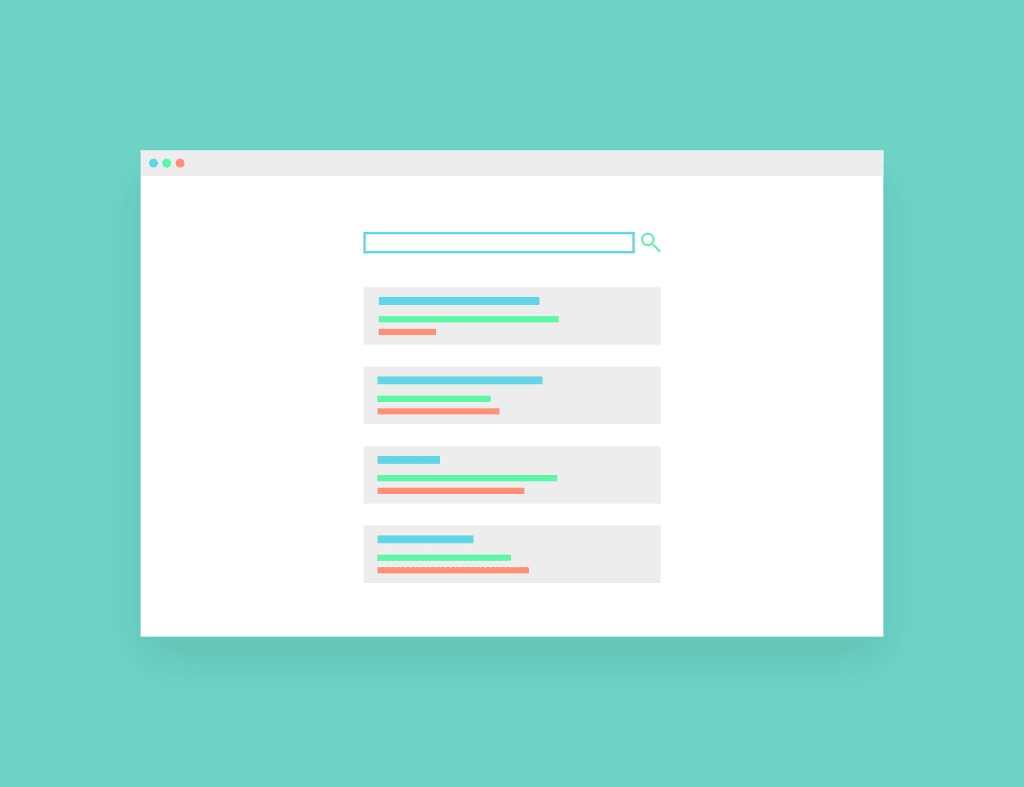There are many Google updates that are designed to improve search results. This includes one of the algorithm updates that made a significant impact—the Google Bert Update. It is a broad core algorithm update with significant changes to search results.
In 2018, Google confirmed the Google Bert Update. BERT stands for Bidirectional Encoder Representations from Transformers, a broad core update that Google confirmed in 2019.
In this post, we will discuss the latest core update that will help you better understand what it is and what you can do about it for your website.
BERT Algorithm Update Overview: A Broad Core Algorithm Update

The Google BERT update is designed to aid with natural language by employing machine learning for Google search. Its algorithm can process all words entered into Google related to all the other words in the phrase. Therefore, it’s no longer one-by-one in order and has become more contextual with an enhanced language understanding.
This allows users to find more accurate results for their searches because they can be applied to both rankings and featured snippet results.
According to the tech giant, the update will affect 1 in 10 searches in the US. Moreover, it will also allow the search engine to understand the context based on prepositions in a phrase.
As one of the most significant Google algorithm updates, this update truly stands out from Natural Language Processing (NLP) models that only contextualise words in order.
According to Google Fellow and Vice President of Search, Pandu Nayak, “This breakthrough was the result of Google research on transformers: models that process words in relation to all the other words in a sentence rather than one-by-one in order. BERT models can therefore consider the full content of a word by looking at the words that come before and after it—particularly useful for understanding the intent behind search queries.”
Natural Language Processing (NLP)
The BERT model update has caused quite a stir in the search and SEO community. The key technical innovation of this algorithm update is the application of the bidirectional training of Transformer to language modelling. This is why it provides a deeper sense of language context and flow than single-direction language models.
It was one of the first models in natural processing language that was trained in two steps. NLP is a field of Artificial Intelligence (AI), which aims for computers to read, analyse, interpret, and derive meaning from text and spoken words.
Natural language processing combines linguistics, statistics, and Machine Learning to assist computers to understand human language.
BERT is one of the Google algorithm updates that have revolutionised NLP because it was able to solve over 11 of the most common NLP tasks. With that, it is a major algorithm update that site owners should pay closer attention to.
How BERT Will Affect Your Website

Before Google confirmed the update, search algorithms can only look at an ordered sequence of words, which means they will look at words right away or before or after a word for the context. With BERT, it can now understand search intent better because it now utilises word context based on the surrounding words.
BERT also has an impact on English-language featured snippets. What this means is that users would now see a featured snippet that is more relevant to their Google search.
What Can You Do About BERT for Search Queries?
The thing is, there’s barely anything you can do with broad core algorithm updates. An effective way would be to focus on responding to the intent of the searcher. Since it’s clear that BERT is focused on providing more relevant Google search results to users, then the best course of action with this broad core update is to create even more relevant content for your target audience.
With that, you need to satisfy the search queries of your audience and create the best experience for your English language queries. It will also be a good idea to track your long-tail keyword ranking performance and see the changes.
How Many Times Does Google Update Its Search Algorithms?
Back in 2018, there were 3,000 improvements to Google search, which was a shocker, but read on so you don’t panic too much.

From 2009 to 2018, Google made several updates to its search algorithm; then, Google’s Matt Cutts revealed that the search engine rolls out 350 to 400 things per year,
However, things changed a bit when Eric Schmidt was called to testify before Congress in 2011. He said that they performed 13,211 precision evaluations to see whether the proposed algorithm changes improved the quality of their search results. Therefore, they conducted 8,157 side-by-side experiments to ensure. Ultimately, they made 516 changes to the Google algorithm.
Cutts also said, “We might batch [algorithm changes up and go to a meeting once a week where we talk about 8 or 10 or 12 or 6 different things that we would want to launch, but then after those get approved… those will roll out as we can get them into production.”
So before you panic knowing that the search giant does all of these core updates in a year, you need to know that some changes are only minor. There are even a lot of improvements that may not be considered Google algorithm updates.
Reasons Behind The Algorithm Google Update Implementation
Google implemented this core algorithm update for several reasons.
1. It will help improve the quality of search results, making them more relevant and valuable for users.
2. It will help Google better understand the intent behind queries and deliver more accurate results.
3. Finally, the algorithm update will also allow Google to detect and filter out low-quality or spammy content, ensuring that only the best results are displayed for users.
Implementing the broad core algorithm update will improve the overall quality of Google Search and make it more valuable and relevant for users.
What to do When there is a Google Algorithm Update?
Here are Google’s Guidelines regarding the broad core algorithm update:
- Expect widely noticeable effects, such as spikes or drops in search rankings.
- Pages that have experienced a drop in their rankings does not mean they’re being penalised. It could mean an evaluation is happening, and when this process finishes, you’ll get back up there again!
- What is the best way to keep yourself safe while waiting for results? Make sure your SEO content writing isn’t spammy.
- Improvements won’t always guarantee recovery, but lack thereof will only worsen it.
- New updates to improve website SEO can take up to a week before they appear on the SERPs, so it’s best not to check your rankings until then.
Ranking and search index changes are often gradual. Google Analytics is a handy tool for understanding how your website, content, and marketing efforts perform. You might notice significant ranking or traffic changes from Google’s organic search results. It only suggests that normal fluctuations did not cause these shifts but rather another recent algorithm update or SEO change.
Take advantage of this powerful tool. Dig deeper into data using Google’s newly updated analytic platform!
Spam updates target specific guideline violations. However, Google did not specify if this was link, content, or other forms of spam.
Nevertheless, it’s always better to prepare for the ever-changing Google Algorithm updates.
Final Thoughts on Google Algorithm Updates
Google rolls out core updates regularly, and keeping yourself updated is crucial to ensure that your website will adhere to the latest core updates. Doing so will help ensure your website will be on top of search results pages.
The Google BERT update is indeed a crucial core algorithm update that has a significant impact on many websites, especially those that invest in search engine optimisation.
Google rolls out several core updates a year, and staying on top of them is an important step. Fortunately, there are many communities and forums you can be a part of to stay up-to-date and converse with other people in the search community.






